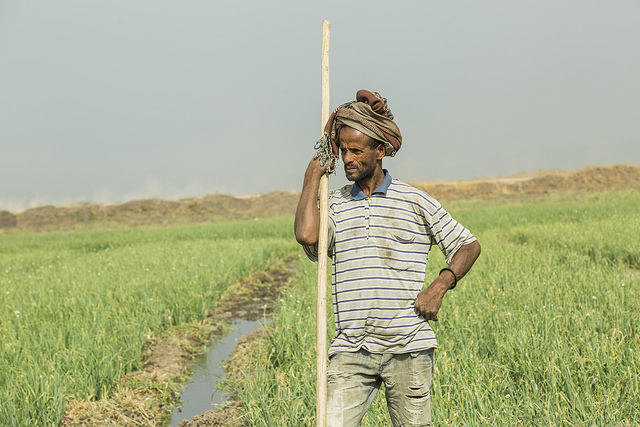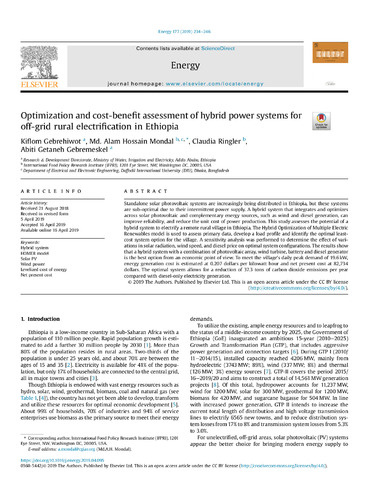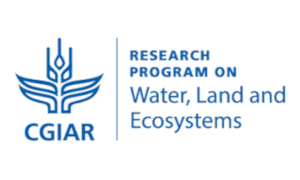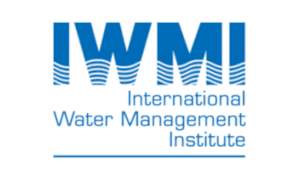Irrigation, mechanization or fertilizer?—tradeoffs and food security implications
What is the challenge?
Agricultural intensification through the use of high-yielding crop varieties, fertilizers, irrigation, and other agricultural chemicals (f. ex. pesticides) has been proposed as key to achieving global food security; but implementation of such a strategy will likely be constrained by rapidly increasing energy costs. The impact of energy prices on agricultural production is evident from joint movements of oil and global food prices, which is driven by biofuel development as well as by increased mechanization and intensification. Energy is used in many agricultural inputs, including irrigation, mechanization, and fertilizer; however, not all uses are “equal” in terms of their contribution to agricultural productivity, food security and environmental outcomes, which is particularly crucial given rapidly growing energy costs. Research in Latin America, Asia and Africa will allow to asses a range of energy inputs and costs, the policy context of energy use, synergies/tradeoffs with food security and environmental impacts and will provide policy recommendations for sustainable agriculture and energy security.









